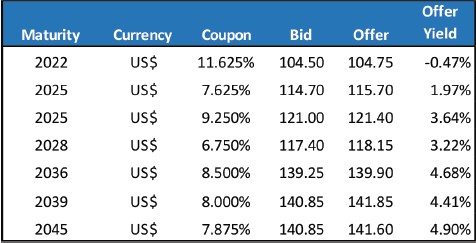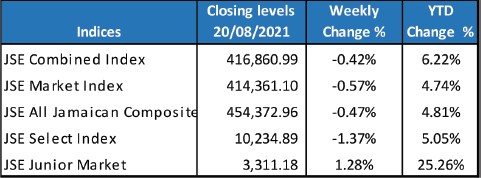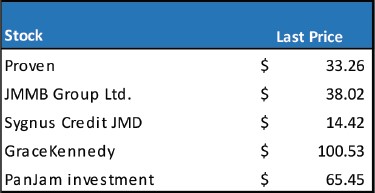Should Seniors include Stocks in their Retirement Portfolio?
When you buy stocks, you buy a fractional piece of that company. Generally, you can make money in two ways when you invest in stocks: you can grow your wealth as the stocks appreciate in value and you can receive a portion of the company’s earnings in the form of dividend for each share you own.
When financial markets become volatile as retirement nears, it could mean losing years of hard-earned savings. Seniors therefore need to be more conservative about their investments since they have a shorter time horizon than younger investors do, to recover from any economic downturn. Thus, as you get older, you should shift your money to more conservative investments that can better withstand downturns in financial markets, and you should also increase the amount of cash that you keep on hand to meet your short term needs.
Seniors should therefore not have all of their money invested in stocks because they will need to take money out as the need arises, and they may not have time to wait out downturns in the stock market without selling additional securities. Since the economy will always go through boom and slumps cycles, some investment professionals recommend keeping as much as five years’ worth of expenses in cash or in investments that can be easily converted to cash, such as Treasury bills, short-term bonds and certificates of deposit, as a cushion against economic slumps.
For seniors not yet retired, investing in the stock market to grow wealth is most advantageous when combined with benefits that enhance their investment returns, such as investing in tax-advantaged retirement accounts, and participating in an employer matching retirement plan, where possible. To safeguard against retirees outliving their assets, most investment professionals suggest including some stocks in their retirement portfolio.










